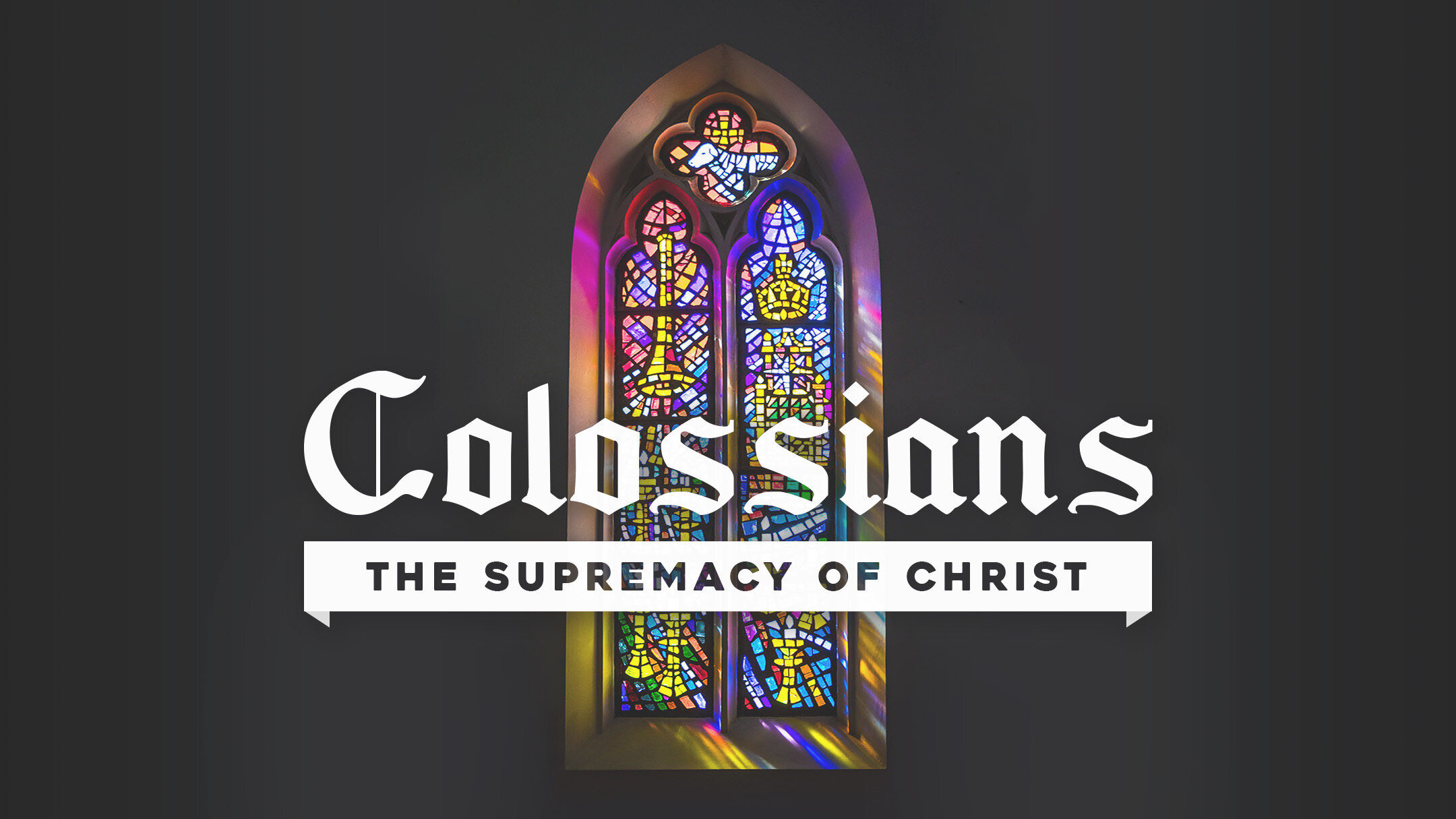Not All Tacos Are Created Equally: A Brief Look at Hispanics and The Church
During an Acts 29 function, I was asked to speak and introduce the context of the Rio Grande Valley to a small group of pastors. Many of these pastors are from large urban contexts here in Texas such as San Antonio, Austin, and Dallas and the majority of our group had never visited or heard of the Valley. Those that did have knowledge of the Valley had gained it from what they saw on the news concerning immigration or had, at some point, taken a short term mission trip down here.
As I began to speak on the culture of the Valley, I made a few jokes on the pursuit of a multiethnic congregation saying that I believed that I had reached my quota by hiring a white guy from Indiana. Afterward, I spent some time speaking on the unique complexity of the term “hispanic.” I shared that this term is really a junk drawer for people from Spanish speaking countries and that not all Hispanics are Mexicans. Apparently, many minds were blown.
NOT ALL TACOS ARE CREATED EQUAL
I think the American church can impose and assume that all cultures are the same. In other words, what works really well in the suburbs of a predominantly white community should work the same if not as effectively in a place such as the Valley, Mexico, or Latin America. It doesn’t.
Culturally, there are many things about hispanic cultures that overlap, but not every culture is the same. Rather than taking the time to learn and invest, much of the American church has confused assimilation for discipleship. This model, for my hispanic community, is quickly sniffed out and the church is rejected.
So, what can the church do?
1. OBSERVE
One of the primary roles of a missionary isn’t to disrupt the rhythms of a people, but to learn them by asking questions, observing people in the daily, and listening carefully. The church is not a religious police, but a royal priesthood of believers (1 Peter 2:9-10). who, at one point, did not belong to God, but through His mercy they now do. The church must be zealous in doing good while speaking with gentleness and respect.
2. CULTURE
While many areas of hispanic cultures overlap, there are also significant differences in values, morals, and customs in between.
3. LANGUAGE
Many of the Spanish terms coined here in the Valley are non-existent in Mexico and many words in Mexico mean something completely different in Guatemala. When my brothers and I were growing up, our parents taught us four different Spanish dialects. We learned Valley Spanish, formal and proper Spanish, Chilango (a general mix of Spanish from Mexico and Spanish from Chile), and Spanish from Monterrey (speaking ridiculously fast in Spanish. If you know what a fresa is, then you know what I mean).
It’s not uncommon to meet another Hispanic and have zero clue at what they’re saying. For me, understanding a Cuban is one of the hardest things this side of heaven.
4. SOLDADERAS
Often, Hispanic culture is associated with machismo. And to be clear, it exists in many families and it’s toxic. But depending on the country and family, the head of the house isn’t always the man and his “authority” may be limited. When we were growing up, all of the men would gather to execute a big decision for the rest of the family AFTER my grandmother would make the call.
Looking back, it reminds me of a scene in My Big Fat Greek Wedding and while I don’t remember the characters, I’ll never forget what the bride’s mother said to her daughter (a paraphrase), “The man may be the head, but the woman is the neck and she can turn the head wherever she pleases.” I think, when put differently, the men are captains and grandparents are the generals (especially grandmothers).
5. RELIGION
In many spheres of Hispanic culture, religious rites, tradition, and customs can be universal and widely embraced; all without ever having a saving knowledge of Jesus Christ. When an individual confesses Christ as Lord and begins to speak of faith and repentance, there is a sense of betrayal toward the family and in many ways, individuals are socially rejected because of the gospel. The fear many Hispanic families have is that those who become Christians are going to assimilate and abandon their cultural identity.
EAT TACOS
If the American church is going to reach Hispanics, then there must be cultural awareness and patience. Hispanics’ love language is quality time and if the church is more passionate about preferences and assimilation and not discipleship and acculturation, then the gospel of Jesus Christ will continue to be resisted.
If you’re a church leader, planter, or just curious about engaging Hispanics then you need to hang out with Hispanics, in the backyard, while eating some tacos.
And here’s a pro-tip: if they start making fun of you, then you’re in.
Trust me.












